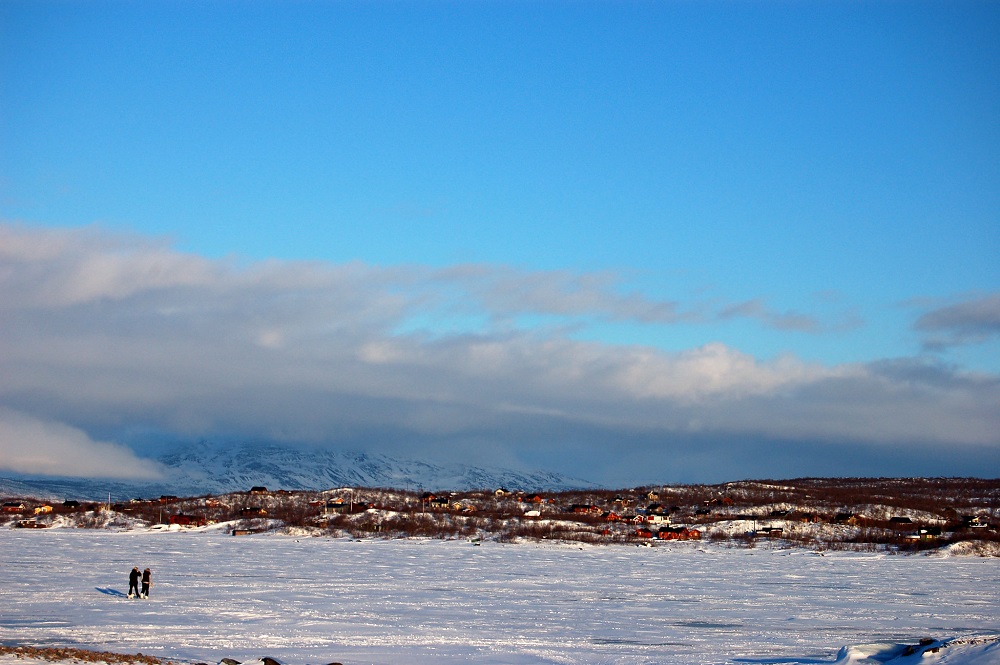High-latitude lakes warming at rapid pace – new research

New research conducted in collaboration between Bangor University and scientists in China has confirmed that high-latitude lakes are warming at a rapid pace.
High-latitude regions are located between 60 and 90 degrees latitude in the northern and southern hemispheres and are characterised by very cold temperatures with low humidity.
The new research published in the journal Nature Water builds on previous work revealing rates at which global lake surface temperatures are rising.
Dr Iestyn Woolway of Bangor University and collaborators in China used both satellite data and numerical modelling to analyse lake surface water temperatures of 92,245 lakes.
36% of the 92,245 lakes included in the research’s dataset are located within the Arctic, comprising 72.3% of global lake area.
Though lakes are getting warmer at a rate of 0.24 degrees Celsius per decade from 1981 to 2020, this is still slower than the change in surface air temperature (0.29 degrees Celsius per decade) during the same period.
The main reason is that higher air temperature increases evaporation, which, in turn, cools the lake surface.
The study also found that lakes at high latitudes, are warming fastest. This is because lakes in these regions are more sensitive to changes in the climate.
Important ecosystems
Dr Woolway, NERC Independent Research Fellow and Reader at Bangor University said: Lakes are important ecosystems. They provide a variety of benefits, including drinking water, recreation, and habitat for fish and other aquatic life.
“Lake warming is a serious threat to these fragile ecosystems, as it can lead to changes in water quality, increased algal blooms, and fish kills. Lakes also influence wider global geophysical processes such as weather patterns, hydrological cycles, and the distribution of freshwater resources.”
“The new study highlights the need to reduce greenhouse gas emissions in order to mitigate the impacts of lake warming. It also provides valuable data that can be used to study the effects of lake warming and develop adaptation strategies.”
Support our Nation today
For the price of a cup of coffee a month you can help us create an independent, not-for-profit, national news service for the people of Wales, by the people of Wales.





